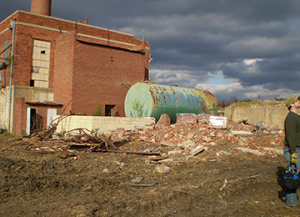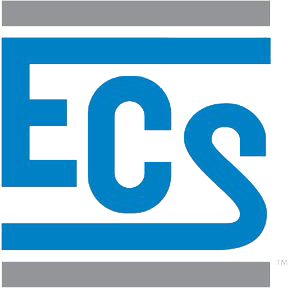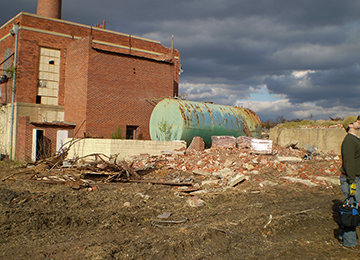When a buyer considers purchasing a property, lenders often require that the property’s condition be evaluated using a process called due diligence. It’s performed with a certain standard of care by qualified professionals to provide information about specific elements of a property’s condition. In commercial real estate, due diligence almost always includes some level of environmental assessment. For some, the Phase I Environmental Site Assessment (ESA) is viewed as an unnecessary lender requirement. However, buyers should understand the potential environmental problems they may be buying before they close the deal.
This process begins with a Phase I ESA, which is performed by an environmental professional in compliance with industry practices and ASTM 1527-13. The ASTM standard was developed to help purchasers comply with rules associated with the Comprehensive Environmental Response Liability Act (CERCLA, a/k/a ‘Superfund’). Undertaking this process helps establish an “innocent landowner” defense from CERCLA liability. Even though most commercial property transactions don’t involve Superfund sites, the ASTM standard has been adopted by commercial banks, investors, and lenders as an industry standard.

Savvy buyers know that a Phase I ESA can protect them. If there are potential environmental problems that could adversely impact the site under consideration, including impacts from offsite properties, it’s in the buyer’s best interest to know those risks up front. This allows buyers to manage environmental risks and understand potential costs: Will remediation be required? Will the presence of environmental contamination affect the future sale price? Will contamination affect planned site usage? Is a neighboring property likely to sue as a result of contamination on the property being purchased? Does the situation put future occupants at risk? Lenders are concerned about their exposure. Buyers should be concerned about these issues as well.
For more information about Environmental Due Diligence, contact Chris Elliott or Jim Succop at ECS.

